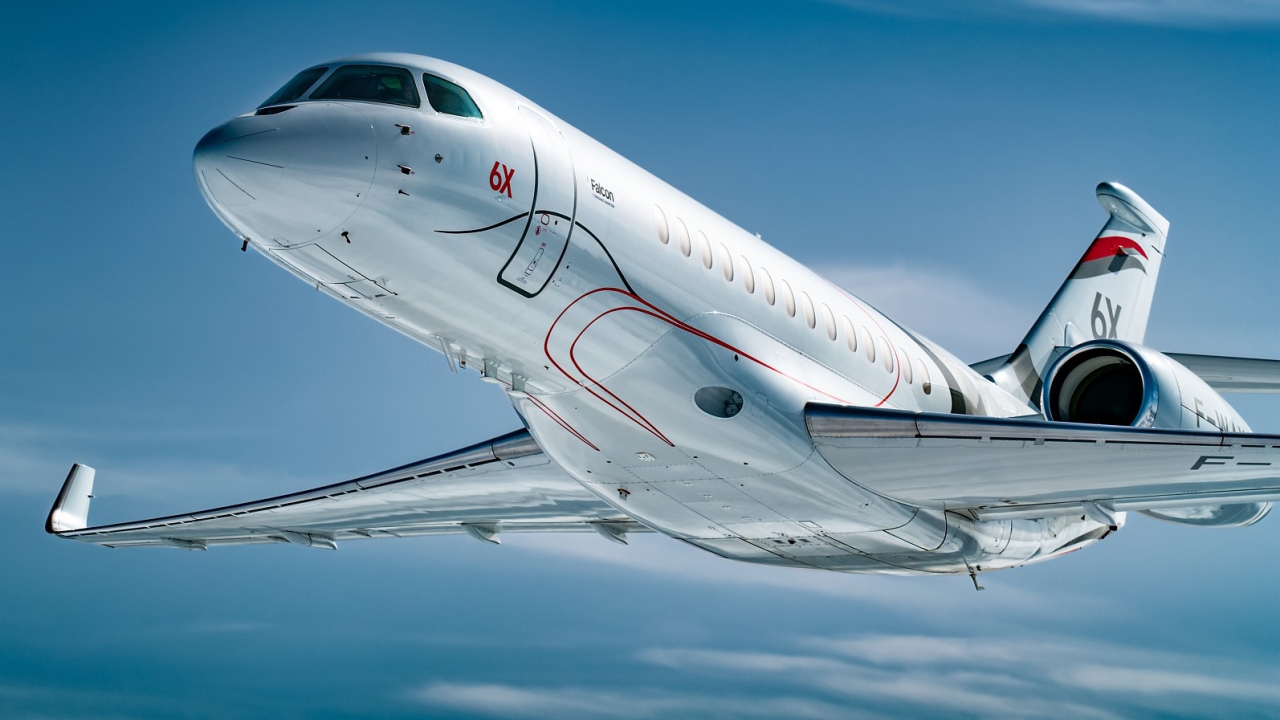Denel report a return to profitability on a sustainable basis

The state-owned global supplier of defence products and solutions has achieved a successful turnaround which has seen it turning a profit for the fourth consecutive year.
The company’s financial results for 2013/2014 show revenue growth of 17%, improved profits and the largest multi-year order book in its history --- more than R30-billion to be executed over the next 10 - 15 years.
“We can safely say that Denel has now returned to profitability on a sustainable basis,” says the group chief executive, Riaz Saloojee. “We have achieved the envisaged turnaround and are well on our way to move the company from being a good to a great company – and in the process meeting Shareholder expectations and transforming Denel into a valuable and self-supporting national asset.”
Denel has a primary mandate to supply the South African defence and security environment with strategic technology capabilities, products, services and support. Beyond this mandate, the company has strengthened its reputation as a high-performing technology powerhouse on the African continent, a global player in the defence and aerospace environments and a company with the capacity to expand its role in the broader manufacturing sectors.
“Denel is growing from being a predominantly defence company into a broader technology clearing-house that can use the skills, knowledge and expertise that we have accumulated in the defence arena to add value to high-tech engineering and manufacturing programmes to revitalise the country’s infrastructure,” said Saloojee.
The company strongly supports the view that state-owned companies must serve as effective strategic instruments of industrial policy and economic inclusion. This is also reflected in the Group’s spending of more than half a billion rand on Research and Development and a further R64-million on skills development and training.
“We are fully aware of the fact that the company’s future growth will be largely dependent on our ability to remain competitive in a global high-technology environment,” said Saloojee. “We are committed to increasing investments in future capabilities and technologies, fostering innovation and expanding the company’s product offerings.
“Our defence and aerospace businesses are in great shape. We expect that Government will soon commence with the implementation of the recommendations of the 2014 Defence Review.
Saloojee added: “The local defence industry, including Denel, will benefit greatly from the recommendations and the imminent establishment of a National Defence Industry Council to consult with government on issues such as joint planning, policy formulation, export support and future defence acquisitions.
The order book for projects to be executed in the next ten years has grown substantially to R32-billion. This is an exceptional achievement for Denel and represents a six-fold cover of our revenue.”
Denel has diversified into the space domain, and during the year the Spaceteq business unit was set up in the Western Cape and has commenced with its first project, which is an earth observation satellite for commissioning by the SANSA (South African National Space Agency) by 2017. The group also embarked on a process to ensure higher levels of productivity and efficiency in support of broader efforts to reduce operating costs. At the Denel ammunition plant, PMP, this will result in a selected plant renewal process to address operational efficiencies and reduce energy consumption.
Denel is poised to diversify into the civil security arena as well as the command and control environment. The company has further identified the maritime environment as a future capability, which will be established to specifically focus in the area of systems integration. Right now Denel is in the process of acquiring the BAE Systems’ LSSA business. The acquisition, which is not yet finalised and is at a very sensitive stage pending some key regulatory approvals, forms part of Denel’s growth and sustainability strategy, which the company embarked on 5 years ago.
“We have already seen this approach in practice with the recent contract awarded to Denel Aviation to deliver helicopter services and maintenance work to the Transnet National Ports Authority,” said Saloojee.
Denel has already announced its intention to become involved in the intended process by the Passenger Rail Agency of South Africa to revitalise its rolling stock. Technology and processes used by Denel in the manufacturing of advanced aerostructures for the global aviation industry can also be used to produce the interiors of modern passenger rail coaches.
“I am positive about the future of Denel as we continue on our growth path,” said Saloojee. “Although global defence budgets remain fairly static, there is a positive outlook for growth in Africa and emerging markets which have been identified as priorities by Denel.”
Stay up to date
Subscribe to the free Times Aerospace newsletter and receive the latest content every week. We'll never share your email address.

